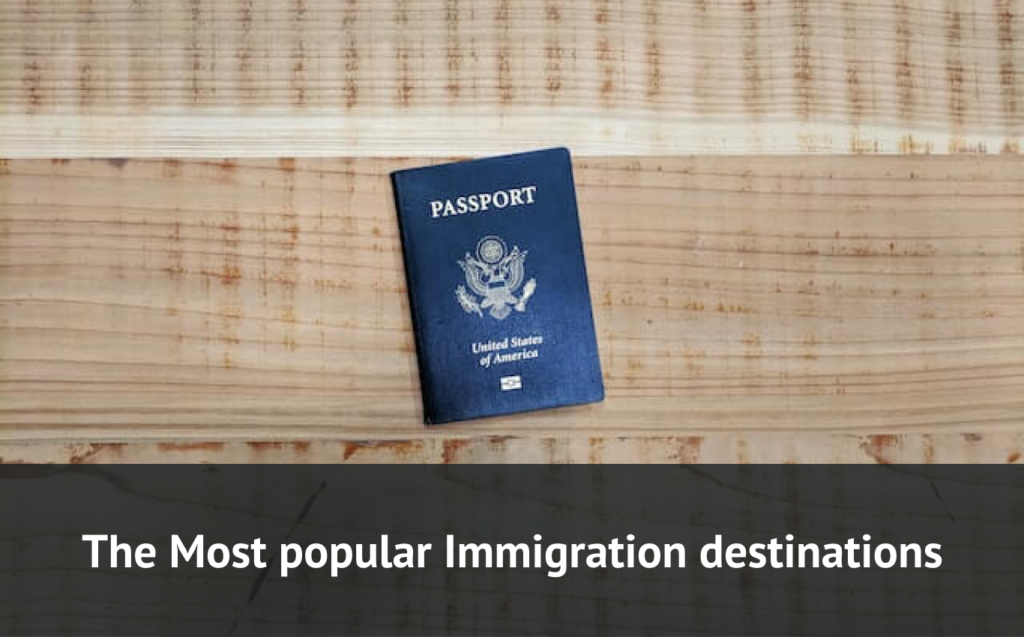 INTERNATIONAL CASABLANCA POSTS
INTERNATIONAL CASABLANCA POSTS
New Immigration Law to Allow Moroccan Workers to Immigrate to Germany
The German embassy in Morocco has announced that its new Immigration law will enable Moroccan skilled workers to immigrate legally to Germany without the need for qualifications.
Moroccan skilled workers including those without qualifications will soon be able to immigrate legally to Germany, stated the German embassy in Rabat in a statement released today.
The statement, released on the occasion of the International Migrants Day, calls on those interested in immigrating to Germany to review the information on its official website and acquaintance themselves with the standards and conditions of immigration.
This law will enable those seeking a new life in Europe to try to immigrate legally. The German Ambassador to Morocco Götz Schmidt-Bremme said in the same statement that he is opposed to all kinds of illegal immigration because of the risks they involve.
Germany Passes Skilled Workers Immigration Law
During the last cabinet session on Wednesday 14th, the German government passed a controversial immigration law allowing German recruiters to seek skilled workers from outside the European Union.
This came after extensive lobbying from German business leaders who warned that the effects of the chronic shortage in skilled workers could damage the German economy irreversibly. According to the Federal Labor Office, Germany has a 1.2 million job vacancies, which the German Economic Institute (IW) says it is costing the economy nearly €30bn a year.
This skilled labor Immigration law, Fachkräftezuwanderungsgesetz, also means that the asylum seekers who face deportation can now remain in their job, even though their asylum claims have not been accepted. However, Angela Merkel has said that this law will not affect the policy related to refugees and asylum seekers.
For the workers seeking to immigrate to Germany, the new law replaces a long, tiring procedure that required proving that no German can fill a specific job position.
This law has long been debated in the Germany and the rightwing party Alternative für Deutschland (AfD) has time and again voiced its fears that it might attract migrants with low skills. It also argued that it will intensify immigration rather than control it, and crush the already stagnant worker wages.
Alexander Gauland the Co-leader of the right-wing populist Alternative für Deutschland that is most known for its strong opposition to the Merkel’s stand and policy on migrants, said that the law represents a “a fresh incentive for people from around the world to come to Germany”






